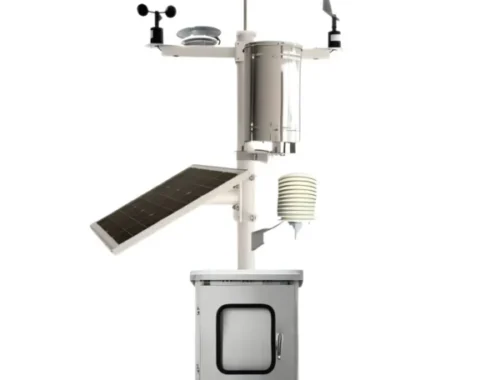Merkel and Sarkozy to hold talks on eurozone crisis
Merkel and Sarkozy to hold talks on eurozone crisis
The leaders of Germany and France meet in Berlin on Monday.
Angela Merkel, the chancellor of Germany, and Nicolas Sarkozy, the president of France, are to meet in Berlin on Monday (9 January) as a round of preparations begin for another summit, at the end of the month, on the crisis affecting the eurozone.
The two leaders are expected to discuss progress made since the European Council on 8-9 December as they attempt to show that they have successfully contained turmoil in the sovereign debt markets.
Merkel and Sarkozy are also expected to touch on crucial issues that did not feature in the statement made by leaders at the conclusion of the December summit, but which have gathered momentum over the past few months. These issues were not included in the first draft of the inter-governmental treaty, but could include the first significant indication that Merkel is willing to soften her opposition to shared eurozone bonds, possibly through a bilateral agreement between Germany and France to share information about their national bond sales.
The theme of Eurobonds is likely to rise up the agenda again next week with Olli Rehn, the European Commissioner for economic and monetary affaris, due to address a European Parliament debate on the issue on Tuesday (10 January).
Market turbulence
The eurozone’s bond markets stayed relatively calm over the Christmas holiday, although Italy’s cost of long-term borrowing at a debt sale on 29 December remained at levels considered unsustainable. In a speech that day, Mario Monti, Italy’s prime minister, indicated that he would ask leaders of European Union member states to look again at raising the firepower of the area’s rescue fund, the European Financial Stability Facility, at the summit on 30 January, warning that “financial turbulence absolutely is not over”.
In Spain, the government announced a package of spending cuts and tax increases worth €14.9 billion on 30 December, after new figures showed that the country would miss its deficit reduction target for 2011.
Leaders and EU officials are acutely aware that markets will expect the drafting of the inter-governmental treaty to be completed swiftly. They also know that what was a crisis of sovereign debt is rapidly become one of banking liquidity too. Banks in the eurozone have made heavy use of the European Central Bank’s overnight lending facility over the past few days, suggesting that they are having difficulty gaining access to liquidity.
Click Here: cheap sydney roosters jersey
You May Also Like

Block Blast: The Ultimate Puzzle Challenge
March 19, 2025
Automatic Weather Station: A Comprehensive Overview
March 14, 2025